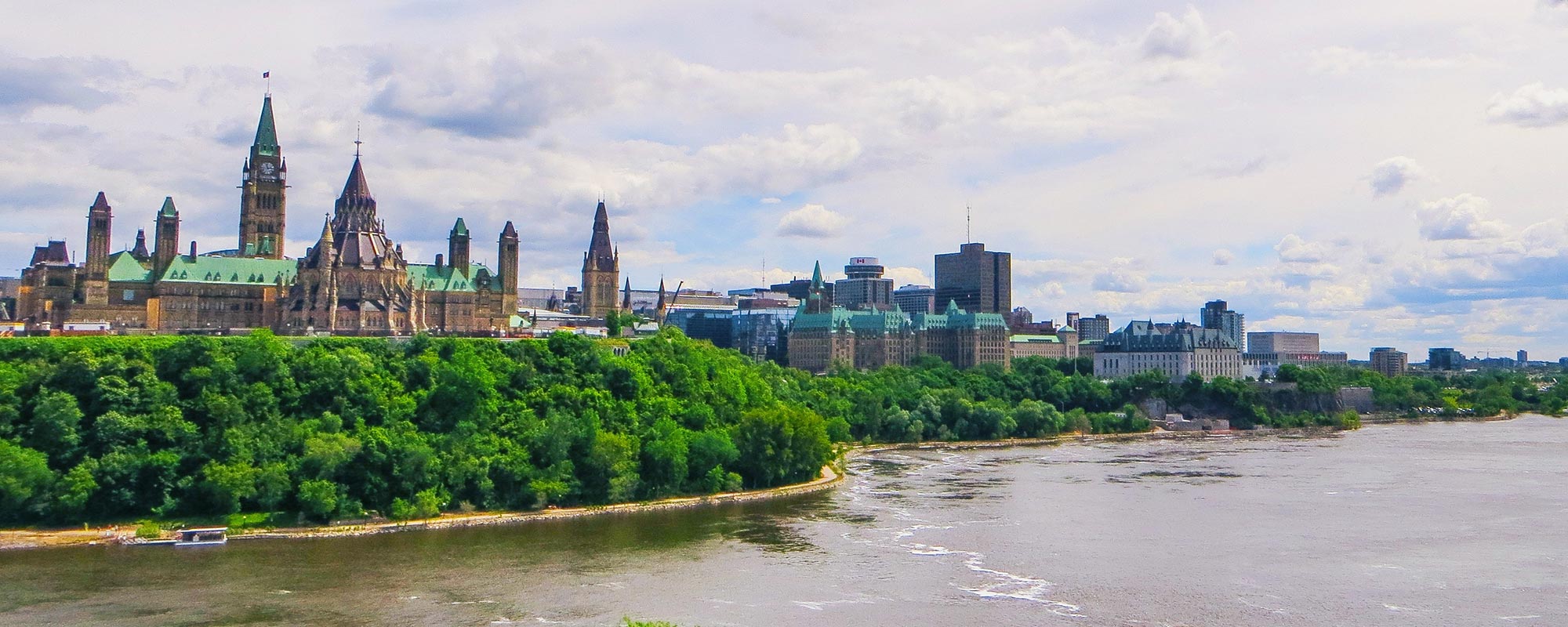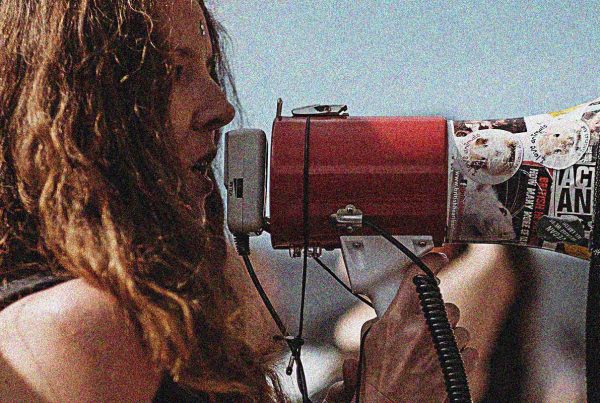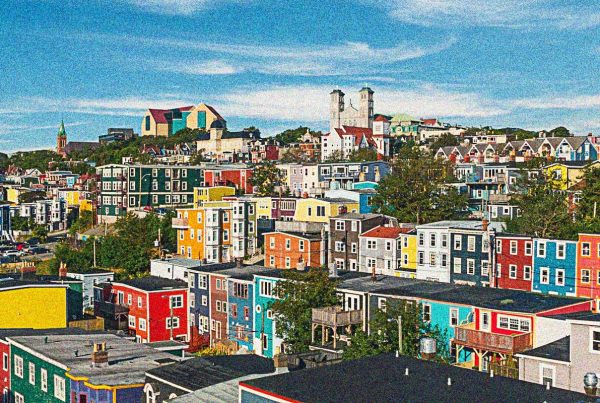CCLA is in federal court today to protect meaningful judicial review of government action. The hearing is part of the court case challenging the government’s unprecedented invocation of the Emergencies Act, which allowed the government to bypass typical democratic processes to limit constitutional rights across the country.
The arguments we are presenting today will highlight how – in this case and others – the federal government has been using cabinet privilege to try to shield an increasingly wide range of government information from meaningful scrutiny.
We filed our court case in February, just days after the federal Emergencies Act was invoked. CCLA recognized the significant disruption and hardship caused by many of the protests that were occurring at the time. We were particularly concerned about the impact of the situation in Ottawa, which was complicated, difficult and painful, in particular for marginalized communities who have experienced racial and homophobic intimidation by some. Intervention was warranted – but in our view national invocation of the Emergencies Act, which contains key legal safeguards before it can be used – was unlawful and unconstitutional.
Since that time our pro bono counsel have been trying to get answers from the government. What evidence did the government have to ground its invocation of the Emergencies Act, and what evidence justified the emergency orders they passed limiting constitutional rights across the entire country? Getting answers hasn’t been easy. The government is relying on short public summaries of meetings from the “Incident Response Group” – but initially refused to even provide information of who attended at the meetings, meeting minutes, or notes. Only after months of pressure did they provide partial, highly redacted, disclosure of the information we had been seeking.
Today we are presenting arguments in a motion brought by the Canadian Constitution Foundation to gain access to a wider range of documents that would show the government’s decision-making process around the use and revocation of the Emergencies Act.
You can read more about the arguments we will be presenting in these motion materials – which were originally filed to gain access to documents and answers in our parallel litigation.
Depending on the outcome of the motion, a court hearing on the merits of the case may be able to take place October and November.
About the Canadian Civil Liberties Association
The CCLA is an independent, non-profit organization with supporters from across the country. Founded in 1964, the CCLA is a national human rights organization committed to defending the rights, dignity, safety, and freedoms of all people in Canada.
For the Media
For further comments, please contact us at media@ccla.org.





